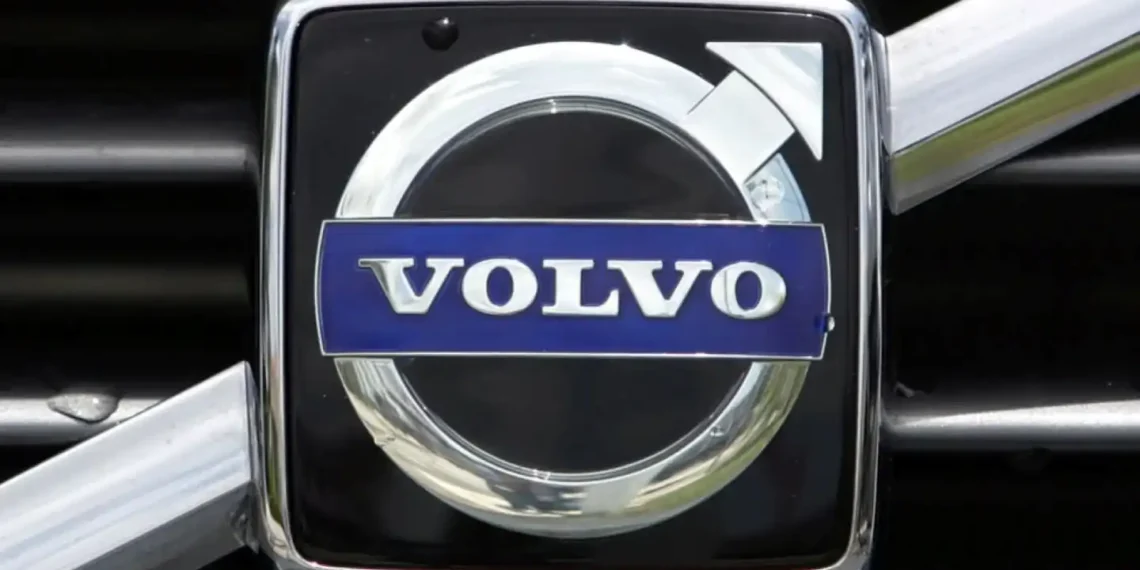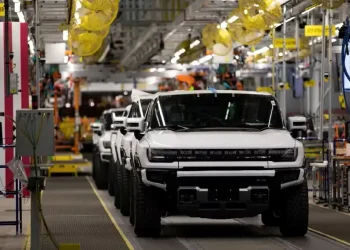Volvo Cars Slashes 3,000 Jobs Amid Global Industry Turbulence
Volvo Cars is laying off 3,000 employees worldwide as part of a major cost-cutting effort to weather ongoing economic headwinds and industry uncertainty.
The Sweden-based automaker announced on Monday that the bulk of the job cuts—about 2,200—will impact positions in its home country. That includes around 1,200 direct employees and roughly 1,000 consultants, most of whom are based in Sweden. The remaining 800 job reductions will take place across various global markets. Most of the affected roles are office-based.
“These decisions have not been easy,” said Volvo Cars CEO Håkan Samuelsson. “But they’re necessary steps toward building a stronger, more resilient Volvo Cars. The auto industry is navigating a difficult period, and we need to improve cash flow and structurally reduce costs to move forward.”
Background: A Challenging Road for Automakers
Volvo’s announcement comes amid a turbulent time for the global automotive industry. Once booming, the sector now faces several pressures—from rising raw material costs and supply chain disruptions to geopolitical tensions and shifting consumer demand.
The European car market, long a stronghold for Volvo, has cooled considerably. In addition, new tariffs imposed by the U.S. government—specifically a 25% duty on imported cars and steel—have complicated trade and added to manufacturing costs for companies like Volvo.
This strain isn’t unique to Volvo. Carmakers worldwide are adjusting their strategies to survive in an environment that’s changing fast. Electric vehicle (EV) investments, stricter emissions regulations, and the push for sustainability have already forced many companies to rethink their operations, often at a steep price.
Volvo’s Strategy: Streamlining to Stay Competitive
Volvo Cars, owned by Chinese automotive giant Geely, operates with roughly 42,600 full-time employees. Its global footprint includes manufacturing sites in Belgium, South Carolina, and China, alongside its headquarters and main product development center in Gothenburg, Sweden.
The job cuts focus mostly on office positions, signaling a shift to streamline corporate functions and improve efficiency. The goal is to strengthen the company’s financial position so it can continue investing in future technologies, including electric and autonomous vehicles.
As Volvo navigates these challenges, it joins a growing list of automakers making tough choices to adapt to a rapidly evolving industry landscape. The company’s willingness to restructure now may help it emerge leaner and more resilient in the years ahead.
This article was rewritten by JournosNews.com based on verified reporting from trusted sources. The content has been independently reviewed, fact-checked, and edited for accuracy, neutrality, tone, and global readability in accordance with Google News and AdSense standards.
All opinions, quotes, or statements from contributors, experts, or sourced organizations do not necessarily reflect the views of JournosNews.com. JournosNews.com maintains full editorial independence from any external funders, sponsors, or organizations.
Stay informed with JournosNews.com — your trusted source for verified global reporting and in-depth analysis. Follow us on Google News, BlueSky, and X for real-time updates.














